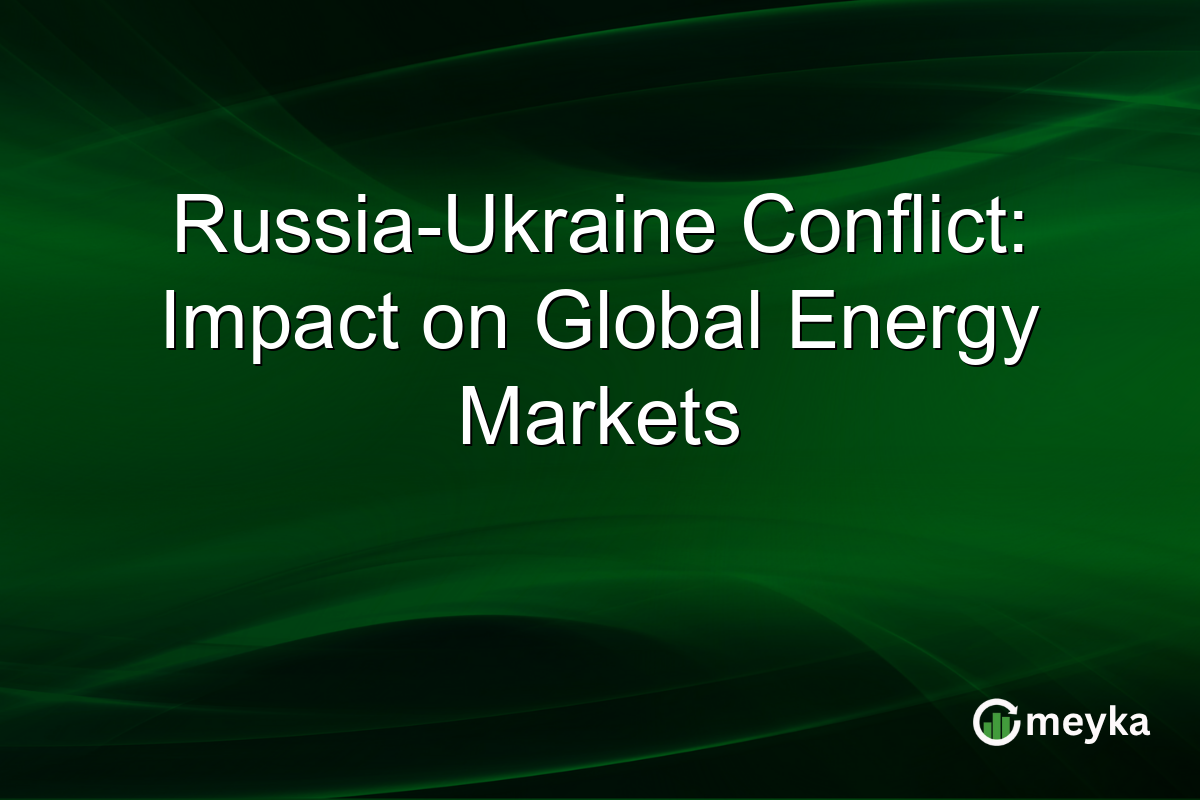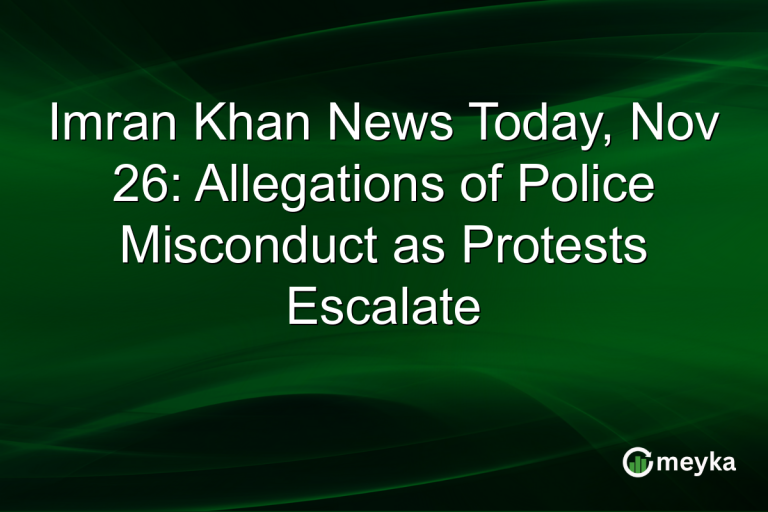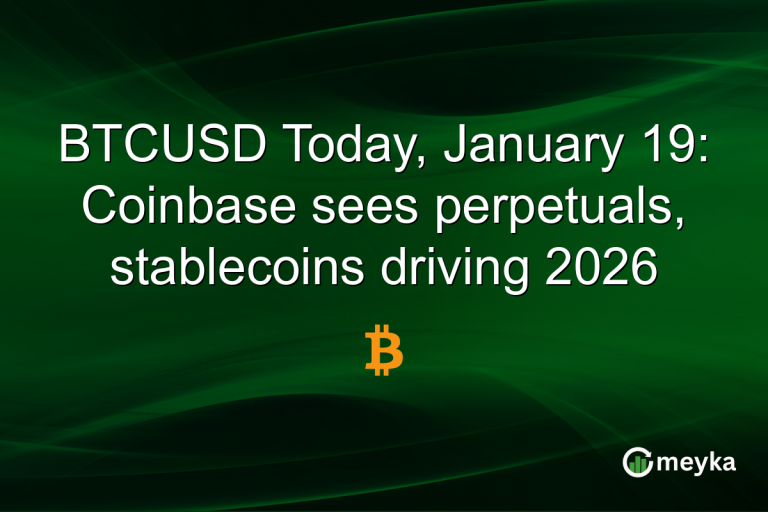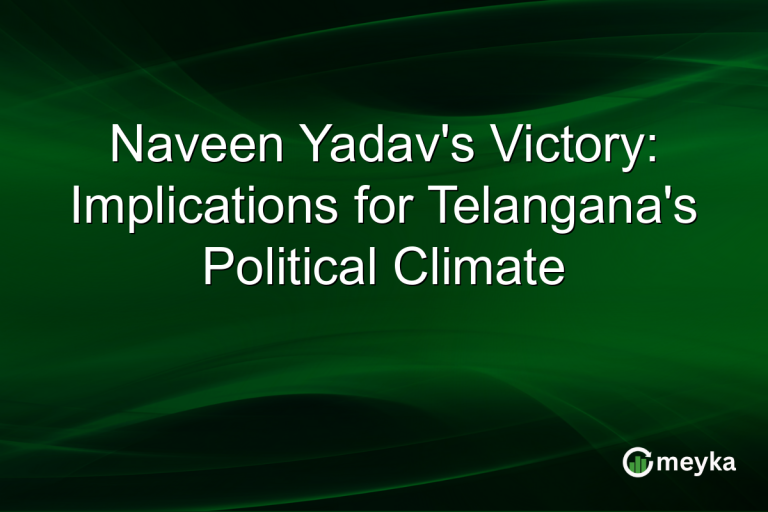Russia-Ukraine Conflict: Impact on Global Energy Markets
The Russia-Ukraine conflict continues to reshape global energy markets. As military actions intensify, particularly with increased drone attacks, concerns about energy supply disruptions grow. These developments have led to volatility in oil and gas prices, affecting economies worldwide. Understanding these dynamics is crucial as they have far-reaching implications for energy security and geopolitical stability.
Geopolitical Tensions and Energy Supply
The conflict between Russia and Ukraine has brought to the forefront serious geopolitical risks impacting energy supply routes. Key pipelines transporting natural gas from Russia, a major global energy supplier, traverse Ukraine. With military actions destabilizing the region, the risk of supply interruptions becomes significant. This shows that geopolitical tensions directly influence the security of energy supplies, not just regionally but globally. Ukraine News on Reddit.
Volatility in Oil and Gas Prices
The Russia-Ukraine conflict has caused fluctuations in oil and gas prices, with increased volatility in global markets. Recent drone attacks have exacerbated these fluctuations by disrupting production and transportation facilities, increasing uncertainty. Analysts note that prices have experienced spikes, with Brent crude oil seeing upward shifts in response to conflict-related news. This situation provides a stark reminder of the delicate balance between conflict and market stability.
The Growing Role of Drones in Warfare
Drones have emerged as a pivotal component in modern military strategies, evidenced by their extensive use in the Russia-Ukraine conflict. Their deployment impacts not only military outcomes but also economic ones, including energy markets. These technological advancements contribute to increased strategic precision, yet they also heighten risks by targeting critical infrastructure, such as energy facilities. Consequently, the role of drones in warfare is a factor in the broader instability affecting energy markets.
Implications for Global Energy Policies
The ongoing conflict has prompted a re-evaluation of global energy policies. Countries reliant on Russian energy supplies are seeking diversification to mitigate risks. The European Union, for instance, is accelerating investments in renewable energy sources to reduce dependence on Russian gas. This shift signals a significant strategic maneuver in global energy policies, reflective of changing geopolitical realities. For investors, this shift may indicate emerging opportunities in alternative energy sectors.
Final Thoughts
In conclusion, the Russia-Ukraine conflict serves as a stark reminder of the intersection between geopolitical tensions and global energy markets. The use of drones and the risks to energy infrastructure underline the vulnerability of supply routes and the resulting market volatility. For stakeholders, including policymakers and investors, this scenario demands strategic adaptations. Exploring renewable energy sources and strengthening energy security measures are vital steps. As tensions persist, understanding these dynamics becomes crucial for navigating future challenges.
FAQs
The conflict has heightened geopolitical risks, leading to disruptions in energy supply routes, particularly affecting natural gas pipelines. This uncertainty has contributed to price volatility, with potential spikes due to fears of supply interruptions.
Drones are increasingly used for strategic military operations, impacting the conflict’s dynamics. They can target critical infrastructure, including energy facilities, intensifying the risks of disruption and exacerbating market instability.
In response, countries, particularly in Europe, are diversifying their energy sources to reduce reliance on Russian supplies. This includes investing in renewable energy and revising policies to enhance energy security.
Disclaimer:
This is for information only, not financial advice. Always do your research.






